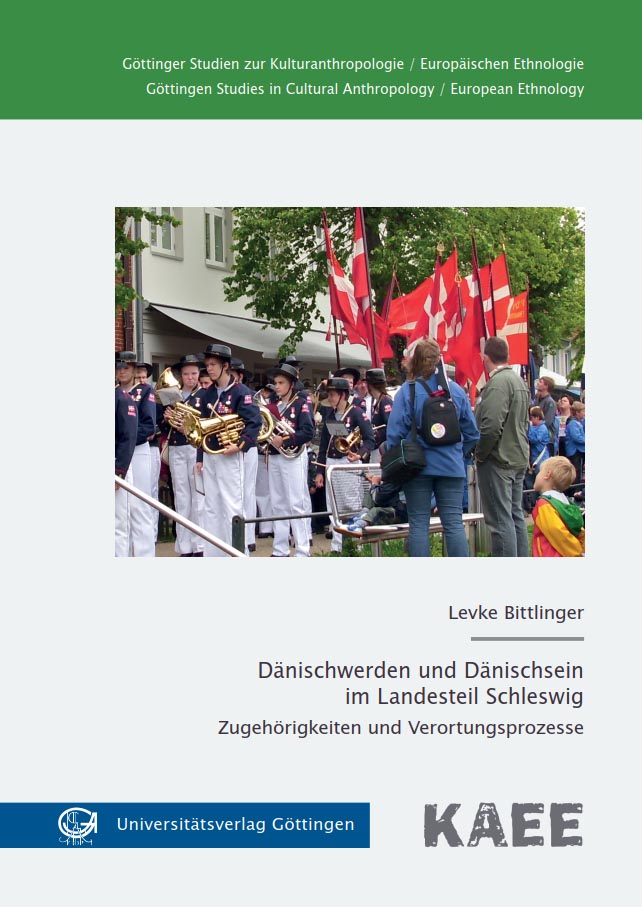Pointing at ambivalences and inconsistencies, contradictory expectations, nationalistic and pragmatic points of view, this study shows parts of the becoming, being and remaining (or not) Danish in Germany. Using qualitative methods and a constructivist approach, Levke Bittlinger examines questions of minority- and nationhood with regard to actors and the main institutions within the Danish minority in the Southern Schleswig region. The research ranges from the backgrounds of people becoming Danish in the postwar time to today’s parents sending their children to Danish institutions for social and material matters. The study reaches from the analysis of the role of the Danish school system, the cultural association including their expectations on new Danish people concerning their integration into the minority to the importance of symbols, practices and historical myths for constructing a minority belonging.
Hvilke modstridende forventninger og (post)nationale indstillinger og sindelag kan observeres, når nogle indbyggere i Sydslesvig i Tyskland vælger at blive, være eller forblive danske? Med en konstruktivistisk synsvinkel og med hjælp af kvalitative metoder undersøger Levke Bittlinger spørgsmål om minoriteter og tilhørsforhold blandt aktører og institutioner i det danske mindretal. Bogen belyser motiver for valget af en dansk tilknytning og undersøger, i hvilke kontekster det danske tilhørsforhold etableres, herunder dansk (og ikke tysk) skolegang og engagement i danske foreninger i mindretallet fra efterkrigstiden til i dag. Studiet handler også om, hvilken betydning symboler og konstruerede historiske fortællinger har for den måde, der dannes et tilhørsforhold til det danske mindretal, og hvordan „nydanskere“ håndterer de forventninger, som de konfronteres med under integrationskurser.
Grenzfriedenshefte, 67. Jg., H. 2 (2020), S.278
Nordfriesisches Jahrbuch, Band 56 (2021), S. 217–220
Publikationstyp: Hochschulschrift
Sparte: Universitätsverlag
Sprache: Deutsch, Englisch, Dänisch





